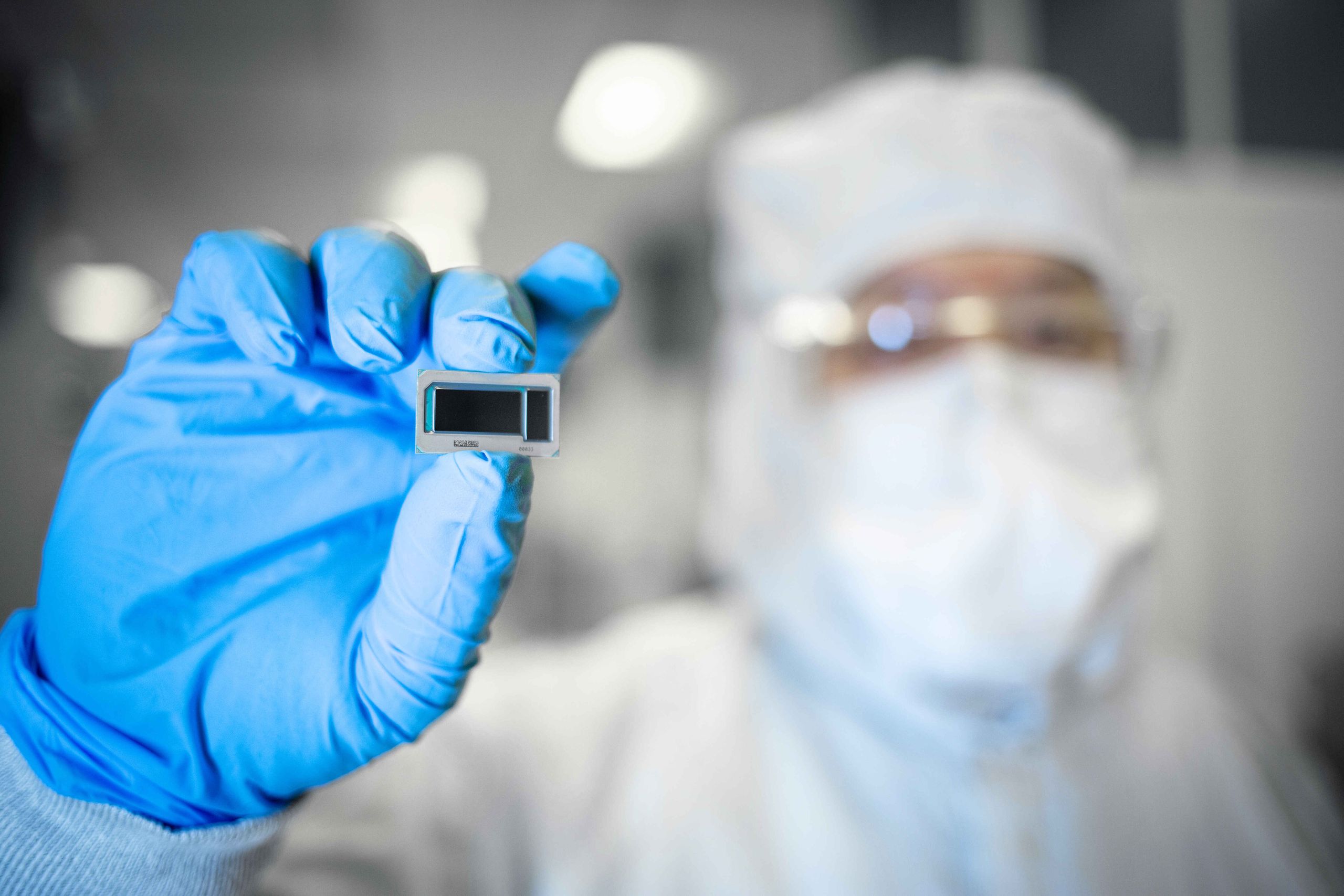During the earnings call, Intel announced that it currently faces a shortage of production capacity for its 'Intel 7' process node, and the company expects this shortage to "persist for the foreseeable future." That's an unexpected shortage to have, as Intel's current-gen chips use newer process nodes from TSMC instead of Intel's older 'Intel 7' node. Intel is a master at production capacity planning, so its disclosure points to an unexpected surge in sales of the older 'Intel 7' products.
Intel explained that the shortage of its 7nm production capacity is due to an unexpected surge in demand for its "N-1 and N-2" products, a reference to its two prior-generation chip families. This trend is occurring in both the consumer and data center markets.
"What we're really seeing is much greater demand from our customers for n-1 and n-2 products so that they can continue to deliver system price points that consumers are really demanding," explained Intel's Michelle Johnston Holthaus. "As we've all talked about, the macroeconomic concerns and tariffs have everybody kind of hedging their bets and what they need to have from an inventory perspective. And Raptor Lake is a great part. Meteor Lake and Lunar Lake are great as well, but come with a much higher cost structure, not only for us, but at the system ASP price points for our OEMs as well."
Bernstein Research's Stacy Rasgon pressed Holtahaus about the implications for the company's upcoming Panther Lake chips, which are set to launch at the end of the year, especially given that the looming tariff disruptions have not yet occurred.
Holthaus said the Panther Lake launch remains on track and the company expects continued success in the commercial market, which she said typically precedes broader consumer adoption. Notably, she did not directly address the company's expected next-gen AI PC adoption for consumer laptops. Regardless, the company also continues its expansive work to promote and cultivate a growing developer ecosystem to unleash the power of its AI wares.

Intel's AI PC chips aren't selling well — instead, old Raptor Lake chips boom
Intel's AI PC revolution will have to wait.
